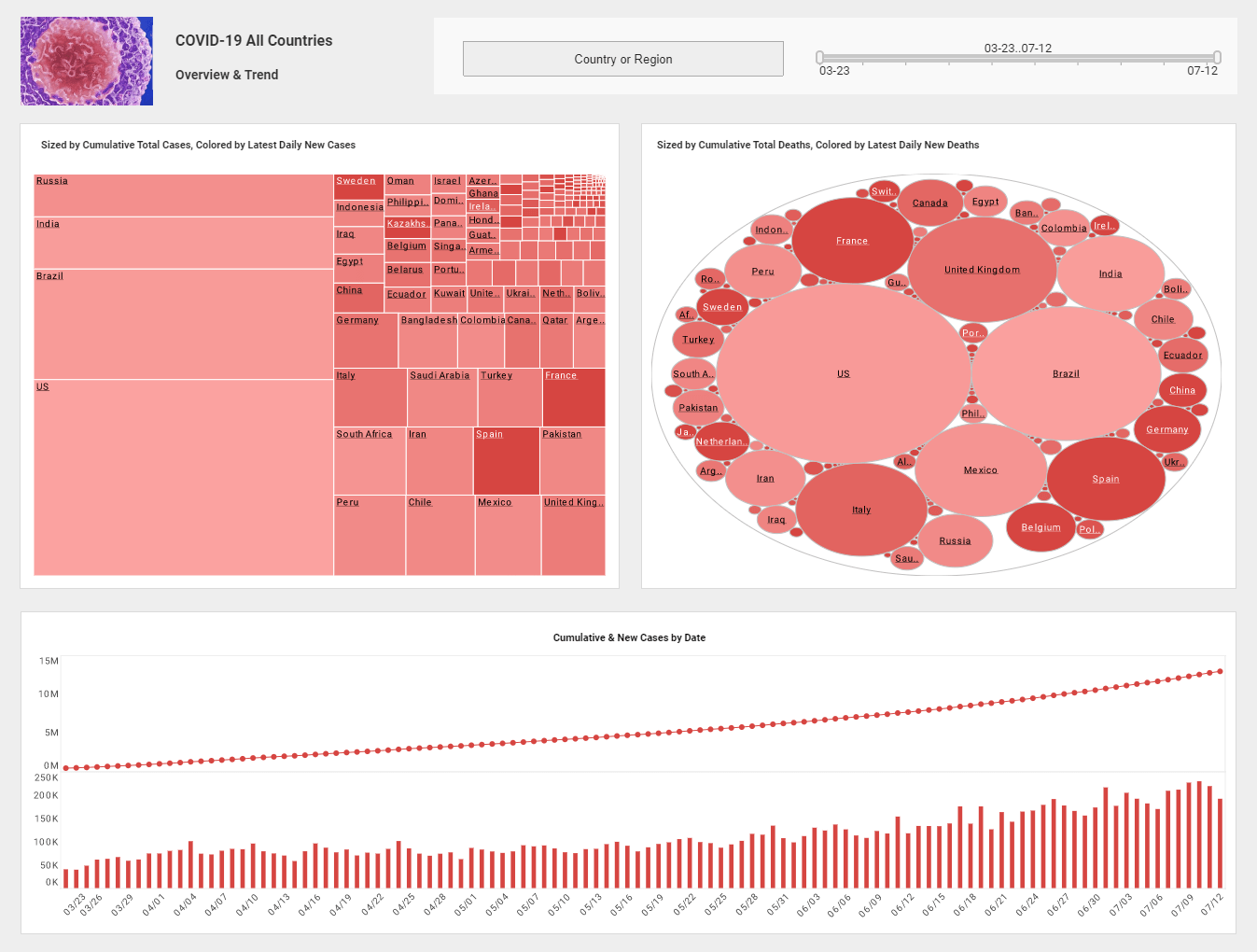InetSoft Webinar: Make An Intelligent Enterprise Work
This is the continuation of the transcript of a Webinar hosted by InetSoft on the topic of "Enterprise Intelligence" The speaker is Jessica Little, Marketing Manager at InetSoft.
All of that stuff needs to be pulled together if you are going to make an intelligent enterprise work. Again, at the end there, you see the need for enhanced security, which is an ongoing process. Every day, every financial institution needs to rethink its security and its capability in defending against attacks. Also the key role of security is to enable customer usage and enable the right users to get the right access at the right time.
Traditionally, we thought of business intelligence in these ways that we have business insight leading to process improvement, that we have traditional reporting that lets us measure, monitor and manage. And this helps create operational leverage throughout the financial institution.
As we think forward, though, we can create marketplace differentiation by being able to respond more quickly to the marketplace and create new knowledge that the institution did not have before. So it's this ability for senior management to see around the corner to the next marketplace opportunity. And what that results in is the ability to structure more aggressive business goals and achieve them.
As many of you in financial services know, sometimes business goals are set by a particular department or unit establishing a goal and the manager of that unit just arbitrarily increasing the objective and setting and bar higher and then negotiating somewhere in between that. But one of the key issues we want to make sure we are doing here is having the right information, so that we can make very aggressive business plans, but also make ones that are achievable as well.
| #1 Ranking: Read how InetSoft was rated #1 for user adoption in G2's user survey-based index | Read More |
A new trend that’s happening in the intelligent enterprise is business activity monitoring, ongoing real-time updates and information that’s flowing through the institution, up and down through all of these areas, so that the people that are responsible for these areas on a functional basis or the customer base themselves has up-to-date information and that new knowledge is being created as it's needed for superior delivery in scaling an enterprise intelligence value chain.
Well, we have talked now about enterprise intelligence and its importance, and we hope that the key takeaways will summarize and tie together what it is we have been trying to talk about today. Enterprise intelligence enables a competitive edge in the marketplace, not just from looking internally to the business but also looking out to the marketplace itself and helping management see around that next corner to what needs to be done going forward.
Business leadership has to sponsor and drive the enterprise intelligence initiative. Without business leadership, it will fail. You can leverage the existing enterprise architecture because as we have talked about, you have some level of business intelligence today. You need to do your assessment of the current status, set an end state, identify the gaps and build the plan, leveraging both business and IT.
And then as you buy new business intelligence technologies, and you start to invest in new enterprise intelligence capability. Keep an eye on the enterprise, not just on narrow functional areas, which has tendency to happen when you think about independent business units and lines of businesses operating on their own. Finally, you need to align the business and IT roadmaps.
| Previous: A Traditional Enterprise Intelligence Problem |


